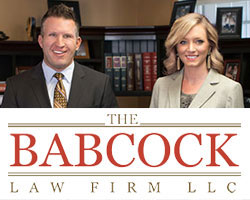A generation that has grown up with social media is taking its place in the world and that means change to the way we do business, including in the legal profession. The question of using evidence from Facebook in court cases—and exactly how to use it—continues to arise.
With so many young people having put much of their lives onto Facebook, Instagram, Twitter, Snapchat, etc, it’s inevitable that bringing these posts into the judicial process would take place. Social media evidence may prove decisive in a number of cases and that places new challenges on attorneys—both ethical and technical.
How social media can be used in court
An attorney may not use manipulative means to gain access to social media content. The most obvious real-world example of this ethical principle is that a lawyer may not send a seemingly benign friend request to a person of interest in their case and then scour the profile for damning information.
Lawyers will also have an ethical obligation to their own clients to make certain they’re aware of the most current technology. It’s not enough to know in general how to browse a social profile. Attorneys must be familiar with the ins and outs of where information may be found.
The most tragic example of incompetence came from a recent case in England where the defense team for a young man falsely accused of rape did not know how to access an archived conversation, one that was later uncovered and vindicated the young man… but only after he’d served two years of prison time.
Other technological competence involves knowing how to authenticate the location of an IP address, and being able to verify the authenticity of a photo.
Young people today are regularly reminded that what they post on social media could impact their careers down the line. It’s becoming increasingly apparent that their posts to Facebook and other social channels could also end up subpoenaed by a grand jury.






